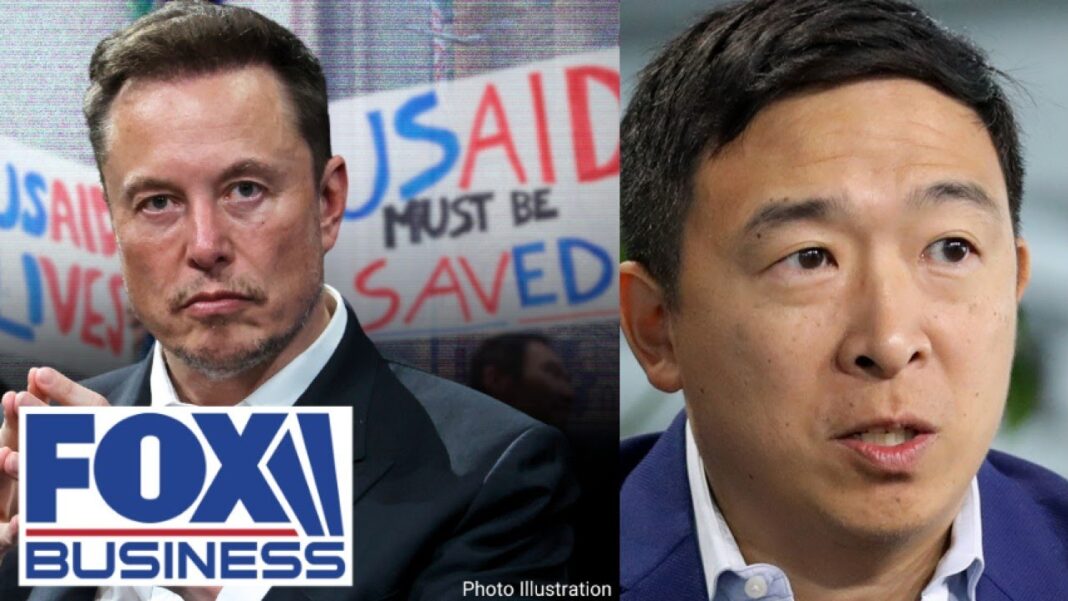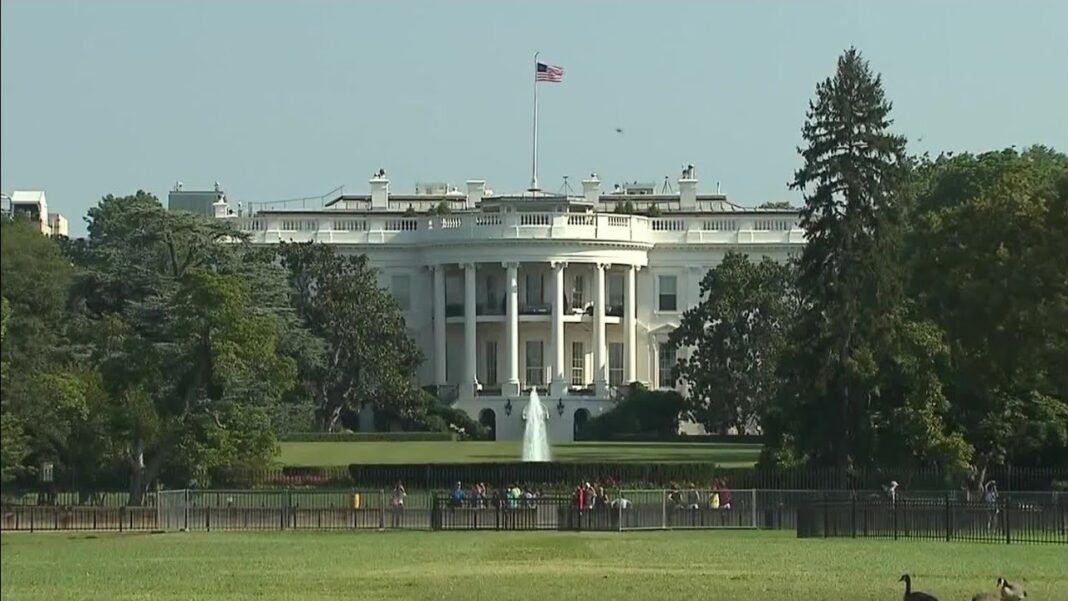Experts say short-term effects are mixed, but tariffs could boost America’s domestic recycling industry in the long run.
The recycled metals industry is growing domestically and internationally, in part fueled by the rapid expansion of construction and automotive manufacturing. Now, tariffs may be giving it a boost.
The U.S. market for scrap metal recycling registered annual growth of 3.7 percent between 2017 and 2021. The global recycled metals market is expected to expand by 6 percent annually from 2025 to 2034, according to an analysis by Precedence Research. It was valued at $2.8 billion in 2024.
Recently, industry insiders say U.S. recycled metals businesses haven’t experienced any direct impacts from new tariffs, but they’ve noticed changes in demand for various alloys.
On Feb. 10, President Donald Trump imposed a 25 percent tariff on imports of aluminum and steel, raising that to 50 percent on June 3.
Recycled metals sourced from North America are not subject to the tariffs.
Some U.S. companies are now splitting their metal sourcing, Michael Schmied, a commodities expert and senior financial analyst at Kredite Schweiz, told The Epoch Times.
They’re using imported metals for the non-critical parts of their operations, but turning to domestic or recycled minerals for essential production because those alloys aren’t subject to import duties.
Buyers may be reluctant to pay higher prices on imported metals if recycled materials offer similar quality.
“That shift creates a baseline demand for recycled metals that didn’t exist before …. Businesses are treating domestic supply like insurance against future supply chain shocks,” Schmied said.
“I’ve noticed that the tariffs lifted prices at first, but the effect was mixed. Higher costs on imported steel nudged buyers to care more about quality and consistency, which let some recyclers pick up new orders,” he said.
Schmied said the tariffs also “raised equipment expenses and squeezed cash flow, so any upside came with extra risk.”
He said an example is metal shredder wear parts, which many in the industry import from China, and which are now subject to import duties.
“Overall, the [Trump] policy opened a door, but it also raised the stakes for everyone in the supply chain,” Schmied said.







